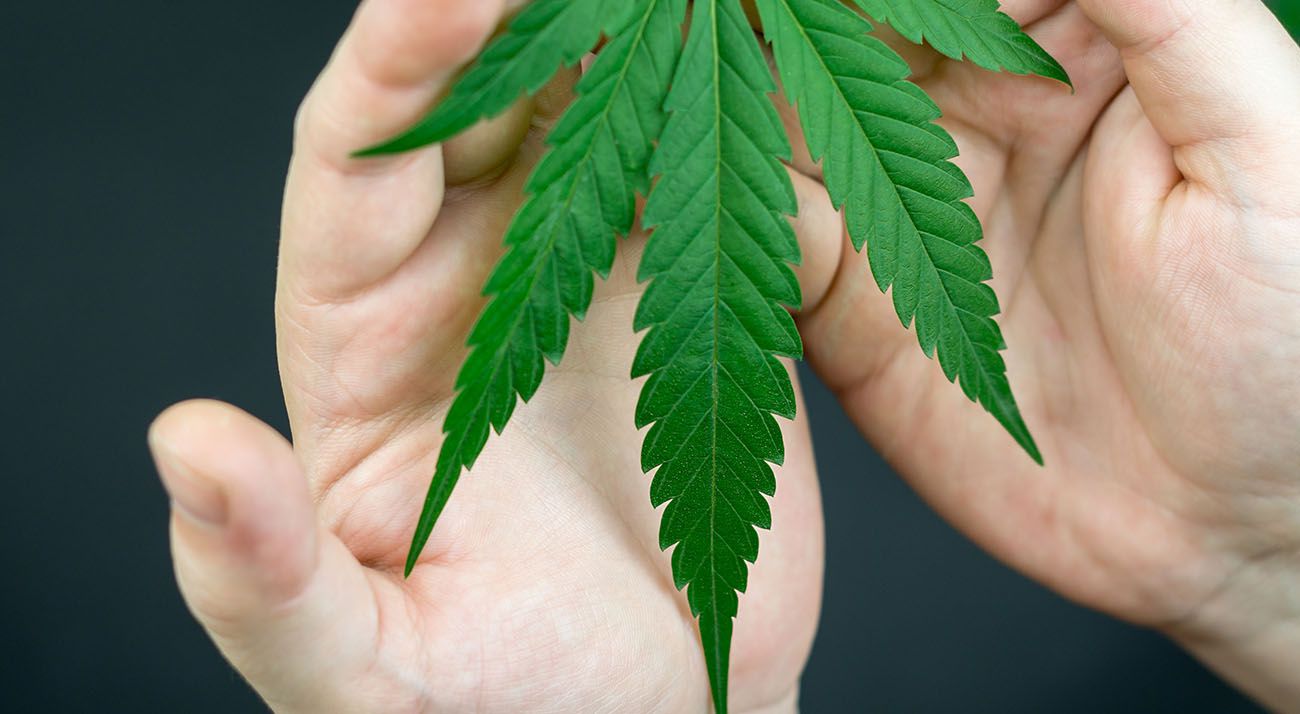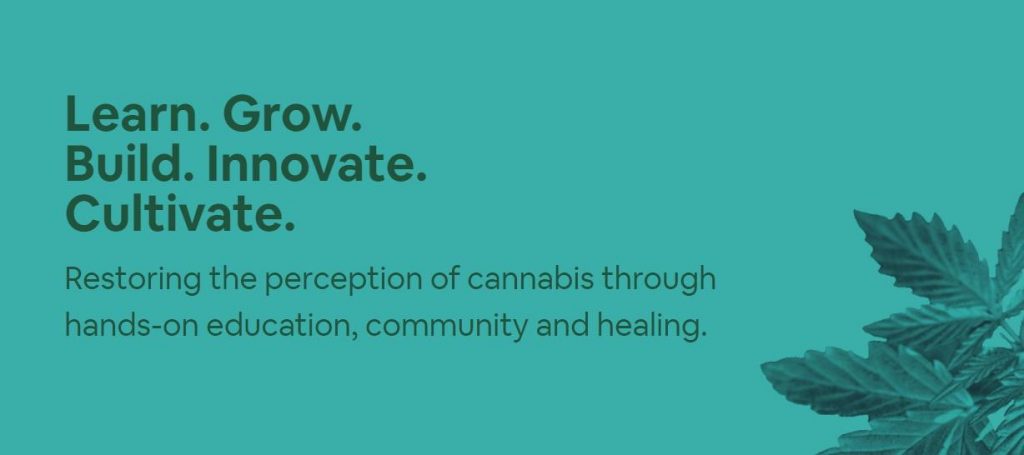The global cannabis market will be worth $73.6 billion USD by 2027, providing over 300,000 jobs internationally. Naturally, private cannabis universities have begun opening up worldwide.
The first cannabis-related university, Oaksterdam, appeared in California in 2007. Since then, Oaksterdam has trained over 40,000 students. Cloverleaf University was founded two years later, and remains the only American cannabis university to be licensed by the Department of Higher Education. Cannabis courses are also offered at bigger institutions – like the University of Denver.
Australia even has our own cannabis university – Australian Cannabis University (ACU). They’ve been operating as a non-profit education facility since 2017, but do not offer any nationally recognised accreditations. Instead, the university’s Dean of Green runs short courses on a hemp farm in northern NSW.
A number of global cannabis universities also operate solely online, like the Trichome Institute, THC University and Cannabis Training University. And according to America’s Equity Organization, there are now more than 20 cannabis-related university programs worldwide.
However, as cannabis universities are private institutions, the quality of education will vary wildly. The Equity Organization’s founder, Natalie Papillon, believes these organisations are beneficial for many students, but warns some cannabis universities are run by “snake oil salespeople.”
For students looking for a career in the cannabis industry, a qualification in cannabis isn’t always necessary, as experts believe the best education in cannabis is apprenticeship-based, a stance Papillion agrees with:
The cannabis industry needs labour. There’s a real opportunity to use more forms of education that don’t involve people sitting in the classroom.
One such program is run by the Massachusetts state government. The CultivatED program offers cannabis-related courses for Americans with criminal records, allowing them a pathway into the industry.
For Australians who already hold a tertiary qualification, a short course in cannabis science may be more than enough to enter the industry. Over the next ten years, Australia is expected to produce up to 50,000 new cannabis-related jobs – from bud tending to driving dope.
As Australia’s cannabis industry grows to $1.5 billion by 2024, it’s likely cannabis science will make its way onto the curriculum at larger universities. Several Australian universities already have cannabis research facilities, including UNSW’s Lambert Initiative for Cannabinoid Therapeutics and Curtin Universities National Drug Research Institute.
Besides, there’s already a degree in beer brewing. Why not cannabis cultivation?









